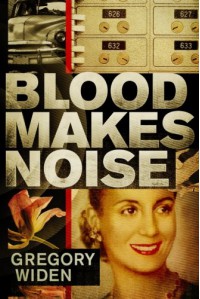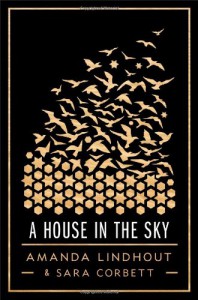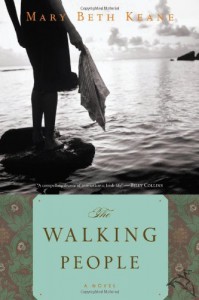The Guns of August

Phew, this was a difficult book to digest in the audiobook format. Neither is it easy to digest in a paper book format. It is dense. It is detailed. Names and places and battles are thrown at you in rapid succession. You have to remember who is who, which corps is fighting where and its number, the title of each commander and more. You do not have time to stop and think and recall what was told to you minutes/pages or even hours/chapters before. You need more than a detailed map because you don’t have much time to spend looking at that map. What you need most of all is a good memory, a good knowledge of history and geographic knowledge before you even pick up the book. OR you can read this book to begin learning and accept that there will be parts that go over your head. That is what I did, and I enjoyed much of it, but I also spent time exasperated since there were sentences I had to think about and ponder before I understood their implications. I had to rewind and write notes and search on the internet.
Does this mean I regret reading it? My response is emphatically no.
Much of the book is set in Belgium and France. (It also covers the Eastern Prussian Front.) I have been to many of the towns, cities, citadels, squares, forests and rivers named. Knowing the history of what happened where I have walked is special to me. I am a bit unsure if it would mean as much to one who has not been there. If you have been in the Ardennes you immediately understand the difficulty of moving artillery around there. Having walked in Leuven, Dinant, Mons, Charleroi and Namur, to name a smattering, when you hear of the burning and sacking and murder of hostages, you more intimately understand. I believe my own experiences, rather than the writing made the events real.
It is important to know that this book is focused primarily on the military battles of the first month of the war. Why? Because what happened then set the course for the four years that followed. You might as well be told that the primary focus is military because that will not appeal to all. The start of World War One is all about the idiosyncrasies of generals. It is about a lack of communication. It is about men who have decided on a plan and from that they will not budge.
The narration by John Lee was fine, but he does not speak slowly and that might have made things a bit easier. Some say he speaks with a Scottish dialect. That is fine by me!
I will tell you why I liked this book. I now have the basics for how the war started. I appreciate knowing what has happened to the people living around me here in Belgium; I understand them better. I understand why they so quickly capitulated in the Second World War. Today there is so much squabbling going on between the Flemish and the French people of Belgium. It was wonderful to see how in the First World War they fought united, as one people, for their independence and very existence. I needed to learn of this.
 3
3

 2
2
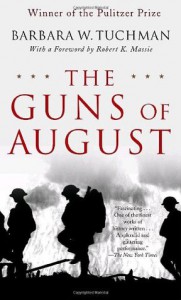

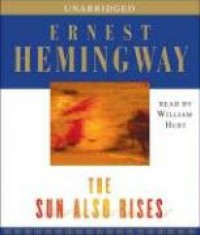



 1
1
